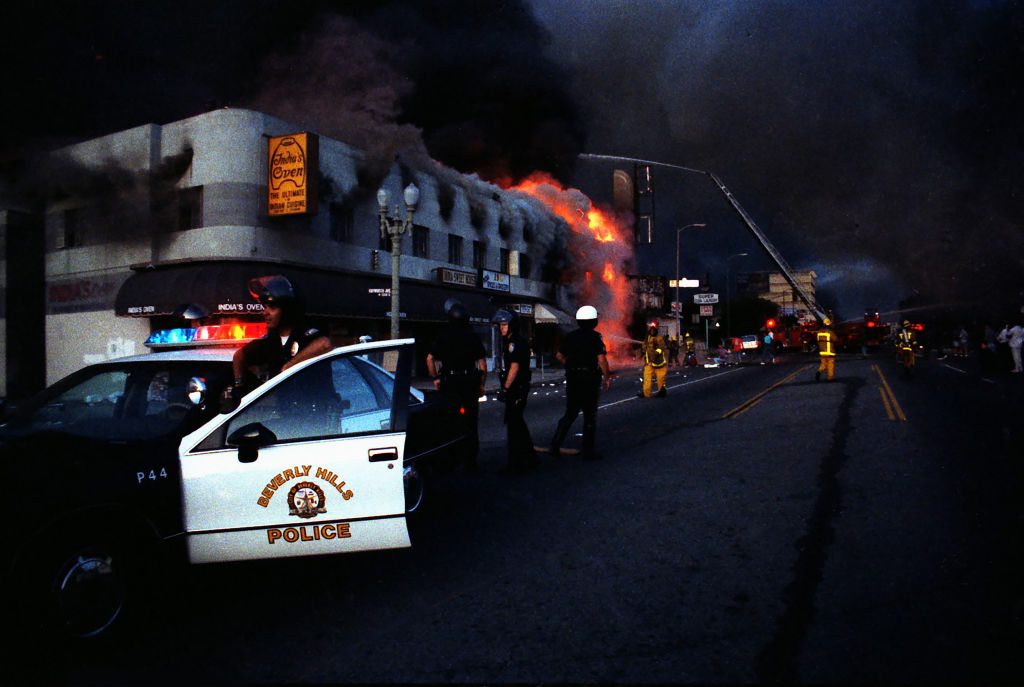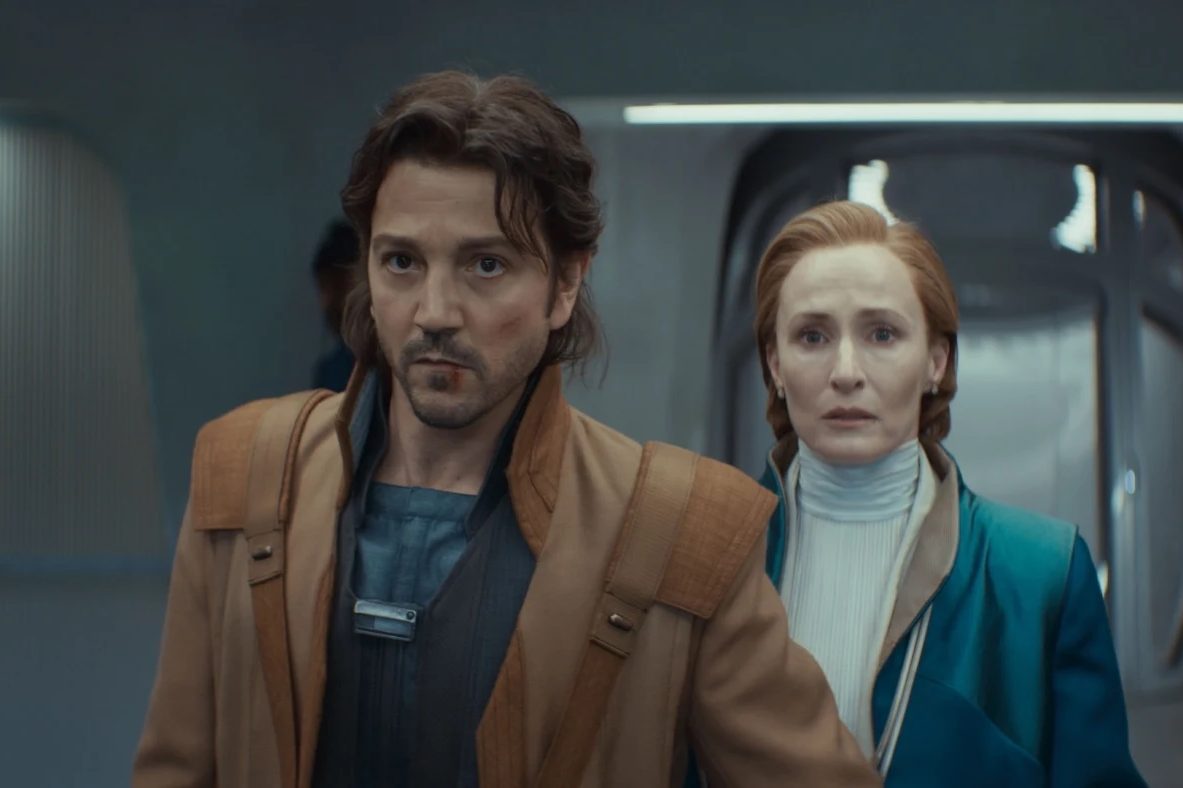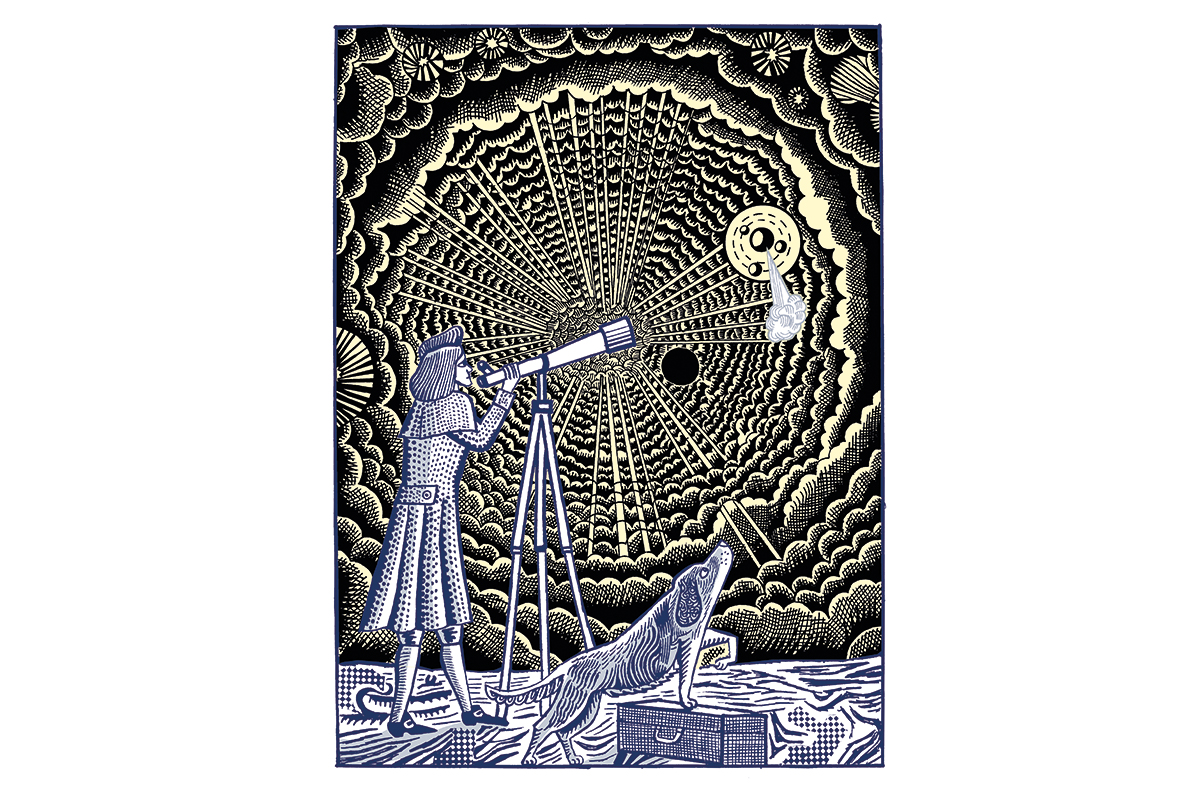A decade ago, Alfonso Cuarón’s sci-fi thriller Gravity soared into theaters, to ecstatic reviews and a vast box office. Its success was all the more surprising — and welcome — because it had been dogged by reports of disastrous test screenings and production chaos, with its innovative, visual effects-heavy story apparently beset by the envelope-pushing demands of the technology that it required to depict its world. The movie could easily have been a colossal flop, but instead it seemed to herald a brave new dawn for ambitious, intelligent science fiction filmmaking that soared into the stratosphere, in both senses.
Ten years on, the success of Gravity, or even Ridley Scott’s The Martian, are very distant memories. Gareth Edwards’s latest film, The Creator, is a rarity in current cinema in that it’s an $80 million-budgeted sci-fi picture that doesn’t have any big stars. The movie is based on an original premise and aimed at adults, despite a PG-13 rating. The Creator has underperformed at the box office, making a mere $14 million in its opening weekend: considerably less than the latest Paw Patrol and Saw films. This despite decent (although not ecstatic) reviews that have praised the movie’s evocation of a futuristic world that is conceived on the scale of a Blade Runner or Children of Men — another Cuarón film — even if they have criticized its occasionally banal screenplay and lapses into cliché and action-movie formula.
Nonetheless, the relative failure of The Creator says something both salutary and depressing about contemporary sci-fi pictures, namely that audiences are not willing to pay their $12 to go and see something new and original. This has been true of other films in the genre, of course; Blade Runner was a notorious financial flop on its original release, and only gained its elevated reputation years afterwards. And James Gray’s fascinating Brad Pitt vehicle Ad Astra, a bravely detached take on the sci-fi adventure thriller, was a commercial underperformer as recently as 2019, escaping into cinemas a few months before Covid did for everything.
Yet sci-fi has also been both an enormous money-spinner and produced some of the greatest films ever made. Whatever you might think of the Star Wars universe, there’s no denying the innovative chutzpah of the first film or the straightforward excellence of The Empire Strikes Back. What’s more, countless classics — from Metropolis to 2001: A Space Odyssey — have been both commercially successful and vastly influential on filmmakers and other visionaries because they have dared to paint a picture of an imagined future, or alternate world, that is rich in detail and innovation. And Edwards’s other sci-fi pictures — from his low-budget debut Monsters to his franchise films Godzilla and Rogue One — have never been short of visual wit, even if their narratives have left a fair amount to be desired.
Yet we are faced with a more prosaic reality now. The Creator may or may not have been stymied by the SGA strike-necessitated inability of the cast to promote it — although its star John David Washington is hardly a box office draw. But opaque marketing and a lack of “must see” spectacle has meant that the film will struggle to recoup its budget upon release, unless overseas revenues are far higher than anticipated. Which, in turn, will mean that original sci-fi continues to be an area that studios look at without enthusiasm, unless a Christopher Nolan or James Cameron is on board.
This is an enormous pity for cinema, and for the extraordinary potential that films now have, with enormous technological sophistication (innovated, in part, by Gravity) at their disposal. Even as Barbie opened with a shot-for-shot homage to 2001, and the likes of Blade Runner and The Terminator are cited as inspirations by virtually every filmmaker constructing a world with even the slightest fantastical element, there is no overarching interest from audiences in seeing something new, exciting and fresh. Those of us who would rather see something like The Creator aim for the skies — even if its reach exceeds its grasp — are likely to be disappointed. Our ambitions and interests for this kind of exciting, forward-looking filmmaking to be a constant in the future will remain decidedly, miserably earthbound.

























